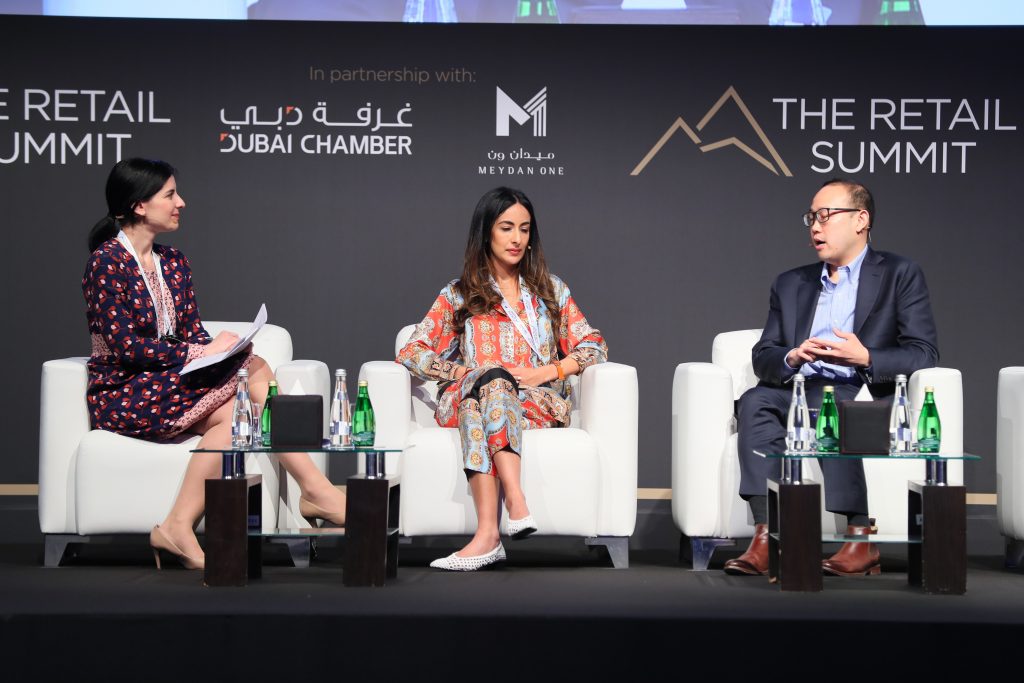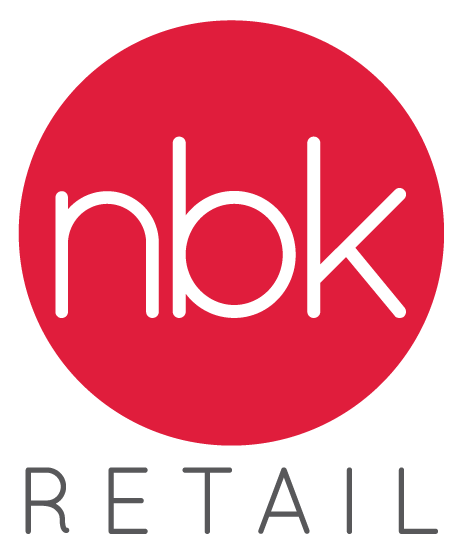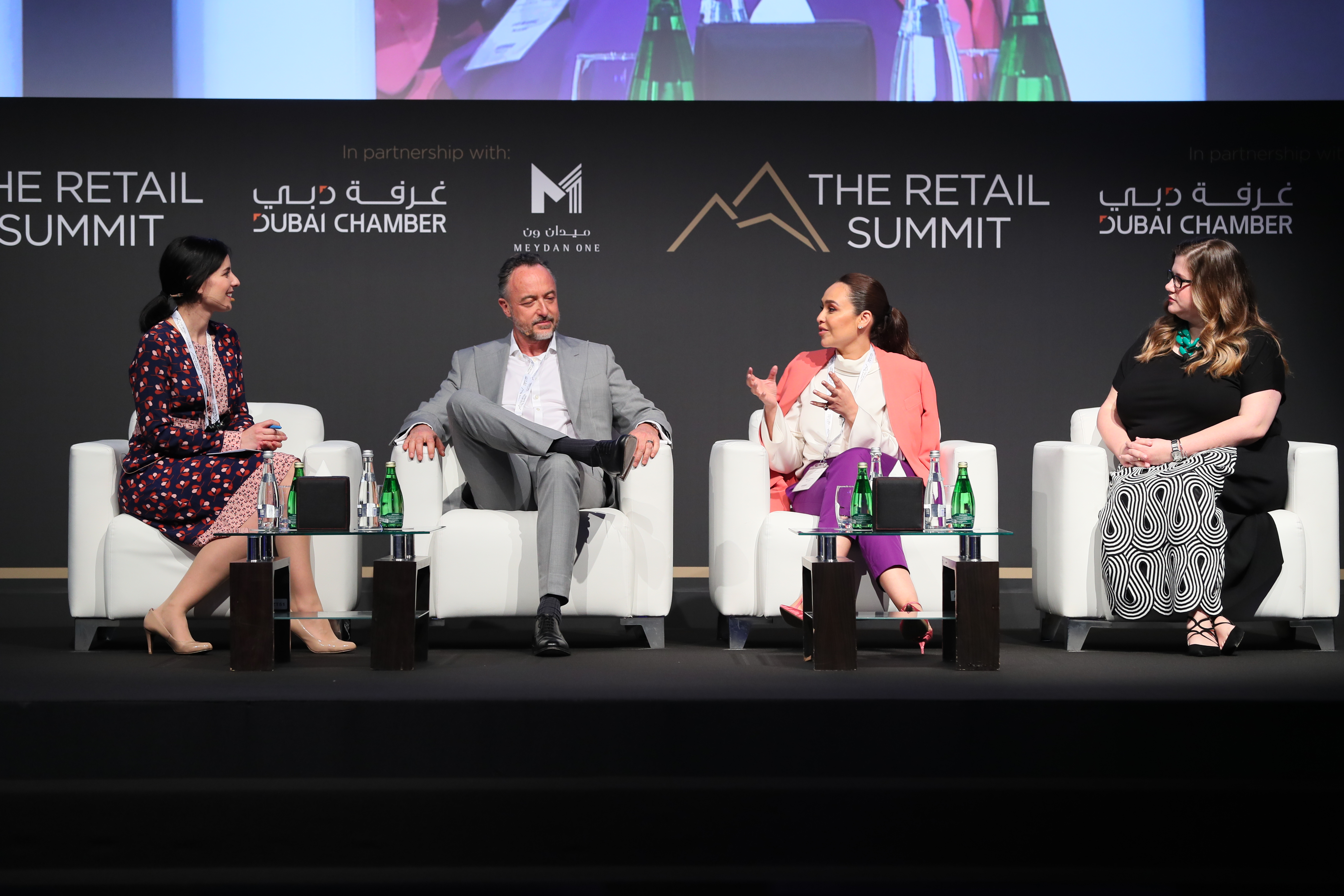What a fantastic couple of days at The Retail Summit in Dubai. I had the pleasure of moderating two sessions on e-commerce and ‘new retail’ and interviewing a number of retail CEOs over the course of the event (to be shared in the near future!)
Here are my 5 key takeaways:
What apocalypse?
It’s funny how once you step outside the UK or US, words like apocalypse stop cropping up. There was a genuine sense of excitement among international retailers, many of which are in the advantageous position of not being in an overstored market to begin with. Store revitalization is easier when you have a clean slate.
Store reinvention – bring it on.
It’s clear that, even for retailers in mature markets that are contending with an oversupply of retail space, store reinvention is not optional. But all of the retailers I spoke to were optimistic – some even oozing with enthusiasm – about the future of retail, acknowledging that there will be losers along the way, but the ones that survive this transition will be better retailers as a result.

Amazon’s existence is making for better retailers.
I always like to throw the A-word into the mix. Everyone I spoke to was quick to acknowledge that there’s no such thing as being ‘Amazon-proof’, but equally that Amazon isn’t the be all and end all of retail. Many CEOs were keen to point to the fact that Amazon can’t do curation, community, experience, discovery, personalization – all the things Miya Knights and I highlight in our book. This also means an end to ‘being all things to all people’ and that we’ll see more specialist, disruptive retailers popping up, catering to specific customer needs and styles.
Equally, Chieh Huang, founder of Boxed, told me how the Amazon/Whole Foods deal was actually beneficial in that it stimulated demand for online grocery in the US (although in the process it also created stronger competition as legacy retailers upped their game). Huang’s point echoes past comments from CEOs of Ocado and Instacart, the latter even referring to Amazon/Whole Foods as a “blessing in disguise”.
Let’s rethink the terminology.
Bouchra Ezzahraoui, co-founder of AUrate, a direct-to-consumer fine jewelry brand (the ‘Stitch Fix for jewelry’) told me that she doesn’t have employees, she has brand ambassadors. And I couldn’t agree more. As shopper expectations exponentially increase, retailers have to work harder than ever before to keep them happy. What was once considered a luxury or VIP service is now becoming the norm – everything from personal shopping to in-home delivery is becoming democratized. Therefore, customer service and experience should be prioritized and you’ll only get that with an empowered workforce. I’d argue that ‘employee’ isn’t the only word that should be reconsidered. What is a retailer? A store? The boundaries are blurring as retail space becomes less about retail, but more on that another day.

E-commerce retailers also need to become experiential.
Building trust and engaging with shoppers is always more challenging in a digital environment, particularly for smaller retailers. The co-founder of Made, Julien Callede, acknowledged that sometimes the best way to build trust is by (wait for it) opening a store. As we know, many digitally native brands are now moving into the physical space to offset rising shipping/customer acquisition costs, raise brand awareness and therefore grow online sales, and, for some, because they see an opportunity to disrupt the store experience. But for those retailers looking to stay purely online, there’s still an opportunity to help shoppers discover new items through product sampling, something Joel Palix has initiated at Feelunique, or through the use of influencers, as Ghizlan Guenez of The Modist has done (and in doing so, has helped modest fashion to break through to the mainstream).
For more insights from The Retail Summit, click here.

